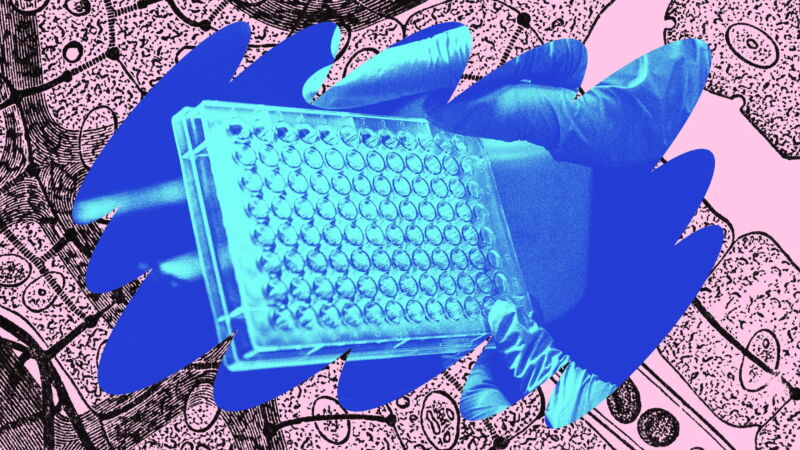In the war on bacteria, it’s time to call in the phages

Enlarge (credit: Jacqui VanLiew/Getty Images)
Ella Balasa was 26 when she realized the routine medical treatments that sustained her were no longer working. The slender lab assistant had lived since childhood with the side effects of cystic fibrosis, an inherited disease that turns mucus in the lungs and other organs into a thick, sticky goo that gives pathogens a place to grow. To keep infections under control, she followed a regimen of swallowing and inhaling antibiotics-but by the beginning of 2019, an antibiotic-resistant bacterium lodged in her lungs was making her sicker than she had ever been.
Balasa's lung function was down to 18 percent. She was feverish and too feeble to lift her arms over her head. Even weeks of intravenous colistin, a brutal last-resort antibiotic, made no dent. With nothing to lose, she asked a lab at Yale University whether she could volunteer to receive the organisms they were researching: viruses that attack bacteria, known as bacteriophages.